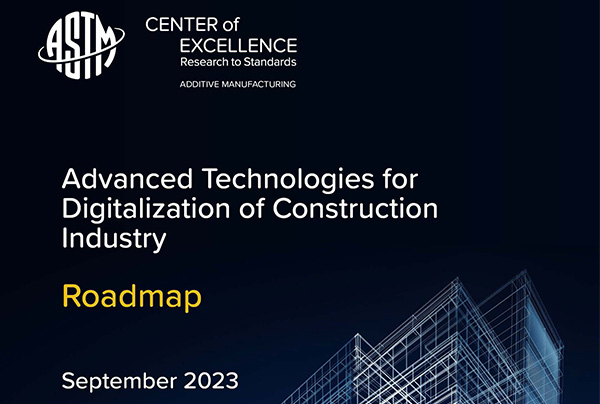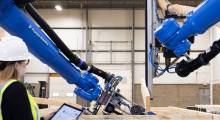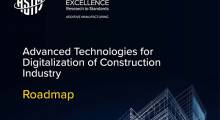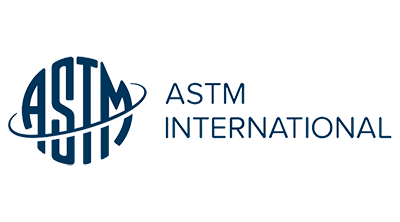ASTM International today announced that it has developed a roadmap that identifies key technical challenges that, if solved, would encourage collaboration and technology development to advance the digitalization of the construction industry.
“While Industry 4.0 technologies have already reshaped the manufacturing landscape, the time is ripe for the construction sector to realize its digital destiny,” stated Dr. Mohan Seifi, vice president of global advanced manufacturing programs at ASTM International.
“This roadmap is the beacon, guiding the community towards collaborative activities that prioritize innovation and elevate our global competitiveness,” he said.
The National Institute of Standards and Technology (NIST) Advanced Manufacturing Technology Roadmap Program (MFGTech) sponsored the construction digitalization roadmap.
Roadmap identifies technologies to aid construction
Mohsen cited eight technologies could transform construction:
- Additive manufacturing
- Artificial intelligence
- Augmented reality
- Big data
- Cybersecurity
- The Internet of Things (IoT)
- Robotics and automation
- Simulation
They promise to improvie productivity, safety, and sustainability for tomorrow's urban landscapes, according to ASTM International. Its roadmap specified priority challenges and set out action plans in the following areas:
- Standards and codes
- Data and integration
- Technological advancement
- Economics and business models
- Education, workforce development, and awareness
The activities the organization suggested ranged from developing data standards to creating demonstration centers for new construction techniques, among more than 35 others.
ASTM based roadmap on diverse inputs
The roadmap is based on input from the 3rd ASTM International Additive Manufacturing Center of Excellence (AM CoE) Specialty Workshop on the “Digitalization of the Construction Industry,” held in January 2023. It also includes information from a community survey and interviews with experts representing diverse perspectives across the construction community.
“The roadmap is rooted in the collective intelligence of industry pioneers, tech innovators, and specialists, and serves as both a guide and a challenge to all stakeholders in the construction ecosystem,” according to Seifi. “It is a testament to ASTM’s unwavering commitment to shaping the future of digital construction.”
ASTM International, formerly the American Society for Testing and Materials, said it works to benefit public health and safety, consumer confidence, and overall quality of life. The West Conshohocken, Pa.-based organization added that it integrates consensus standards—developed with its international membership of volunteer technical experts—and innovative services to improve work and lives.
Article topics
Email Sign Up

















